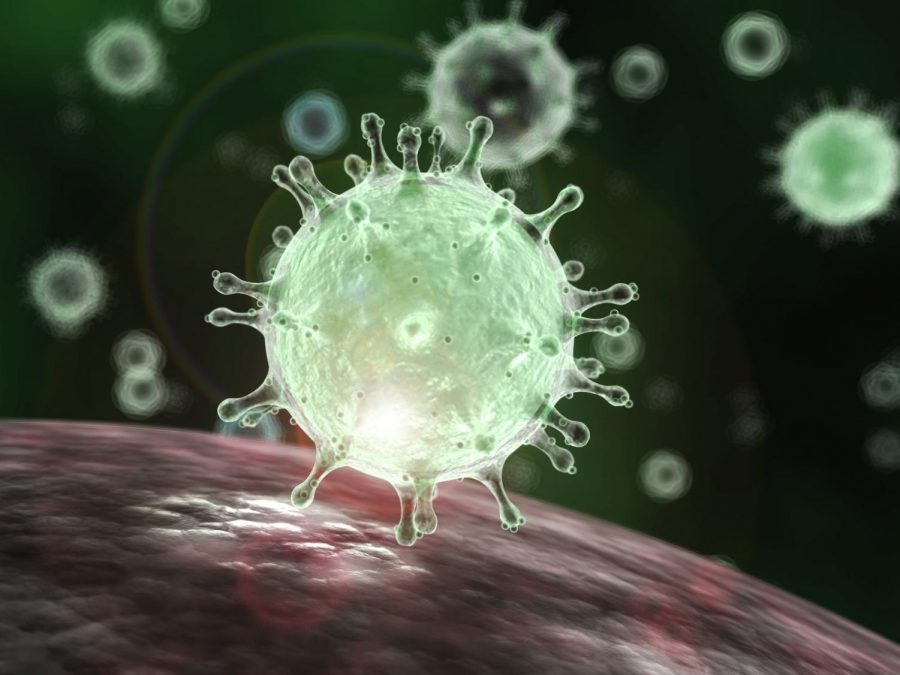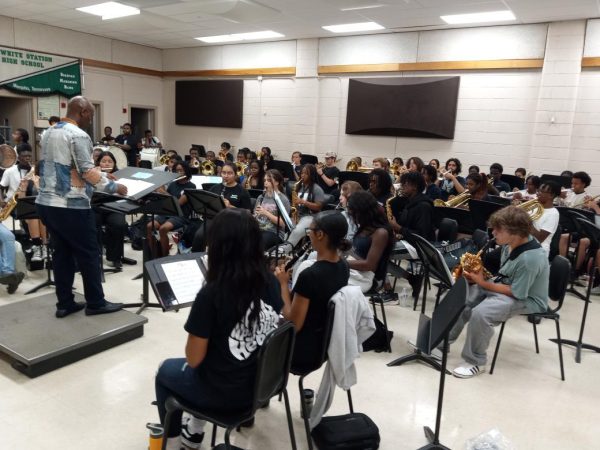Coronavirus: get to know the enemy
The coronavirus can be characterized by mild symptoms including a runny nose, sore throat, cough and fever. Anyone with these symptoms should contact their healthcare provider for more information. Emergency warning signs of COVID-19 include shortness of breath, persistent pain around the chest, confusion or inability to arouse and bluish lips or face. Although this list is not all inclusive, people with these symptoms should seek medical attention immediately.
The outbreak of the coronavirus in the US was declared inevitable by the Center for Disease Control (CDC), and whether or not you usually trust the experts, they were right about this one. This silent enemy has affected almost every aspect of daily life, and perhaps the scariest part is that we are fighting a battle we can’t see. So how do we protect against an invisible enemy?
There are things the scientific community knows about the coronavirus and things yet to be discovered. However, given the rapidly rising numbers and lack of vaccine or immediate solution, it may seem like the more they know, the more we don’t. Still, there are basic characteristics of the virus that the public should be aware of.
How does it work?
Viruses are essentially biological hackers. They infiltrate your healthy cells, lying in wait while they replicate until the virus is strong enough to invade the rest of your system. This is the incubation period, the length of time where an infected person will not show symptoms but can still pass the virus to others. This is why quarantine and social distancing is essential to containment. The World Health Organization estimates the incubation of the coronavirus to be between 1-14 days with an average of five days.
What happens after you start to show symptoms?
Because viruses basically take over the integrity of your own cells, your immune system can take a while to find the infected cells and start fighting back. This is why it’s important to take preventative measures to ensure your immune system is in fighting condition; drinking sufficient fluids, getting enough sleep and maintaining a healthy diet can all contribute to a healthy immune response.
How does it compare to the flu or the common cold?
The infectious disease caused by the coronavirus, COVID-19, is not to be equated to the flu or the cold. Although they are all caused by viruses, each virus has different tendencies. For example, the coronavirus is predicted to infect about twice as many people per case as the flu.
How effective will a vaccine or an antiviral drug be?
Viruses are like keys that unlock your cells, move in and make themselves at home. Vaccines can teach your cells how to kick them out. Antiviral drugs can change the lock so they can’t get in. Figuring out how to do this is a difficult process that requires multiple trials, as well as funding. However, the CDC has reported that clinical trials are underway. In the meantime, the best we can do for those infected is to treat the symptoms. Since this is not a bacteria, antibiotics will not work.
So… what do we do now?
Don’t pretend to know everything there is to know about this virus because not even the experts do. In a situation with this many unknowns, the best thing to do is to stay calm and stay protected.
Your donation will support the student journalists of White Station High School. Your contribution will allow us to purchase equipment and cover our annual website hosting costs.







































